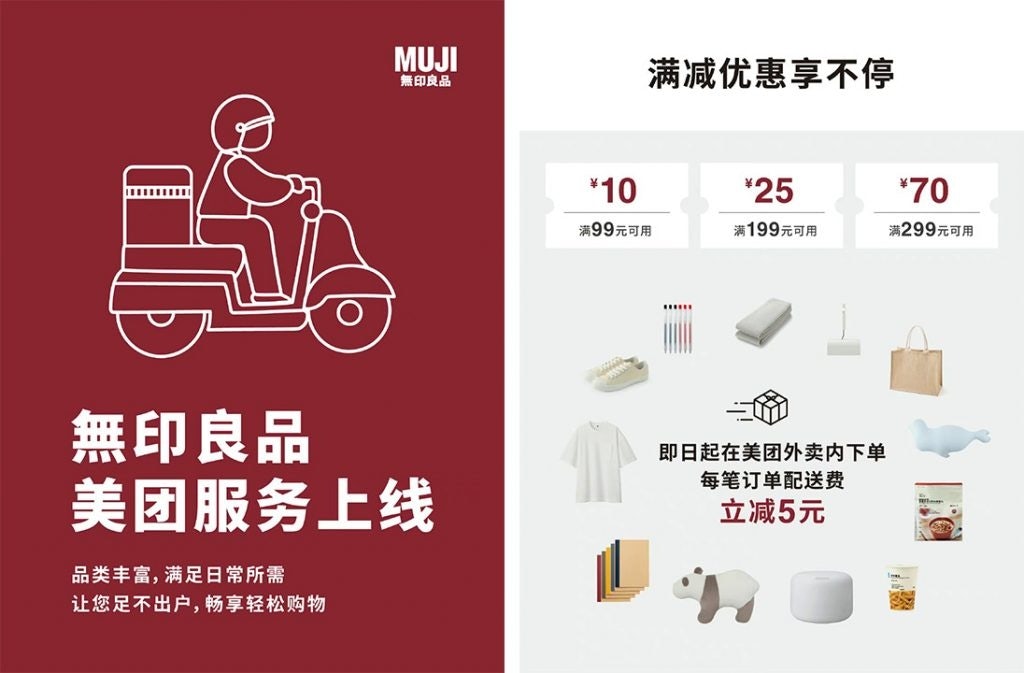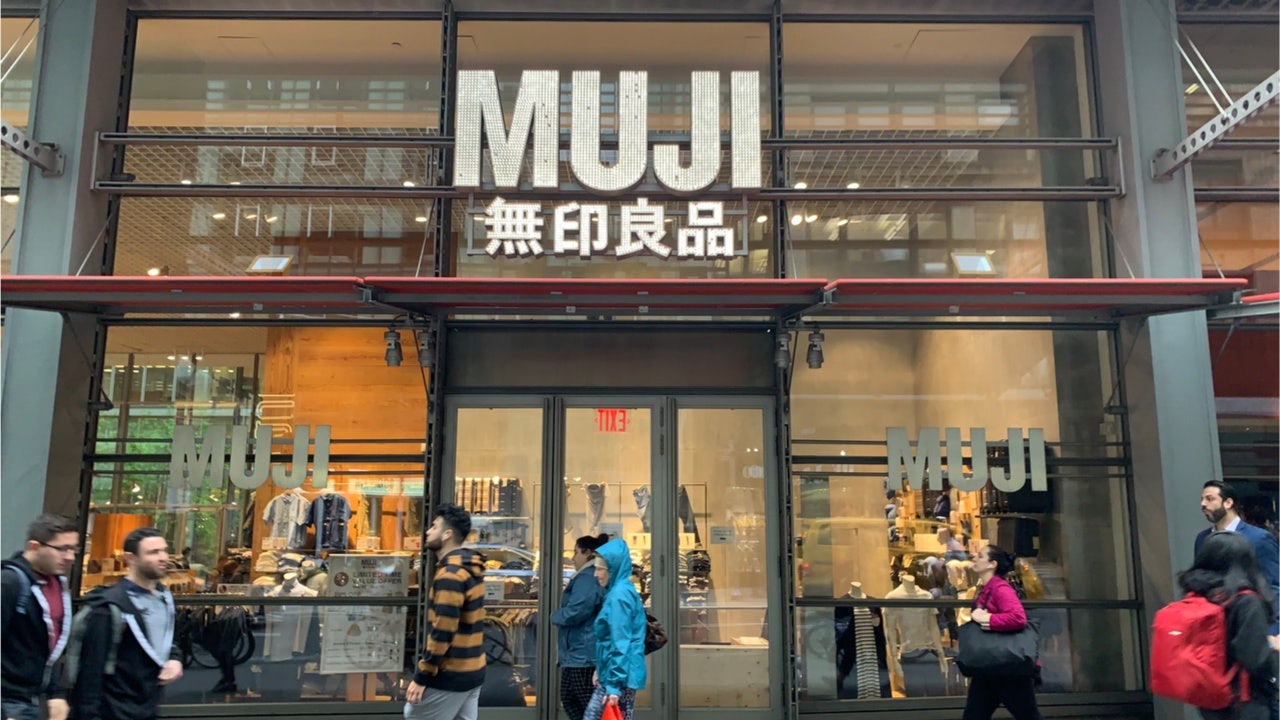Overview:#
With China’s "stay-at-home economy” on the rise, delivery services are becoming more crucial to the shopping experience. In McKinsey & Company’s China Consumer Report 2021, the firm predicts that a reliance on delivery apps will be sustained over time at a growth rate of at least 6 percent, with over 55 percent of Chinese consumers saying they are likely to permanently increase the amount of household groceries purchased online.
What happened
Delivery platform Meituan saw an opportunity in 2021 to disrupt the beauty industry's ecology. By relying on its convenience and 690 million-strong user base (as of Q1 2022), it provided an entirely new offline retailing approach that combines existing e-commerce channels. Retailers like Sephora and brands like Florasis and Lin Qingxuan have all become early adopters of this new format and gained notable success.
Now, it's moved beyond beauty. Meituan announced its cooperation with the first lifestyle brand to join the delivery platform
—#
Japanese name, Muji and. The deal, announced on June 15, has reportedly been brewing since mid-April and began testing in early May. So far, over 90 percent of Muji’s 240 stores in 61 cities (including Beijing, Shanghai, Shenzhen, and Chengdu) have launched on Meituan, offering more than 4,000 products including household, kitchenware, clothing, accessories, personal care, and office supplies to shoppers at home within 30 minutes. During 618, China’s mid-year online shopping festival, the two firms jointly launched their first promotion.

Why it matters:#
Connecting online and offline channels has become a popular strategy for local and global brands looking to boost their bottom line amid Beijing’s zero-COVID policies. And other names are taking note of this fast delivery disruption: JD Retail CEO Xin Lijun said in an interview that the e-commerce giant has started to consider the possibility of launching an on-demand delivery service. The issue of when is, Xin said, "dependent on our competencies and also on when we can build up our talent team."
It remains to be seen whether the Muji link-up will be a success for both parties. Since entering the Chinese market in 2005, Muji’s distinctively minimal yet functional design has made it sought after by middle-class shoppers fond of Japanese culture and style. However, despite its recognition and popularity, Muji has been hit hard by store closures. According to financial results for the first half of 2022, its sales figures in mainland China for May showed a 32 percent year-on-year decline.
For now, the partnership should be seen as a noteworthy test case for luxury. During the Shanghai lockdowns in March, several luxury brands such as Louis Vuitton, Cartier, and Bulgari delivered meals and dessert specifically prepared by Michelin restaurants for their VIP customers. In the wake of supply chain disruptions and logistical nightmares (and as further lockdowns loom), brands are undoubtedly eyeing the delivery sector in a bid to stabilize their customer relationships.

